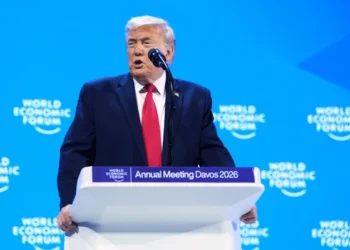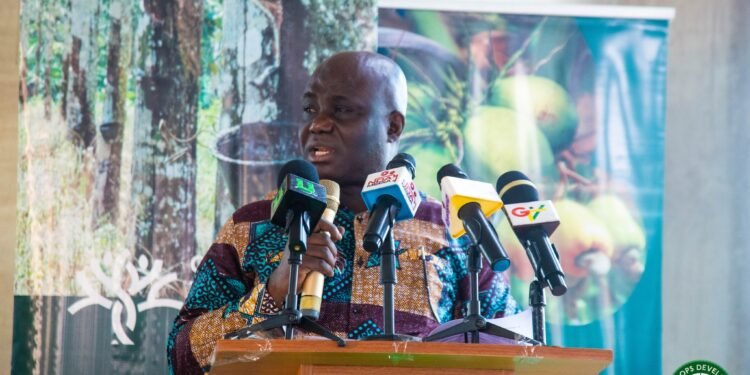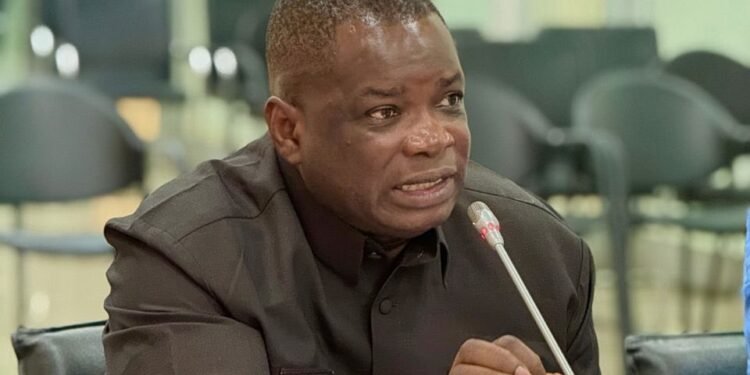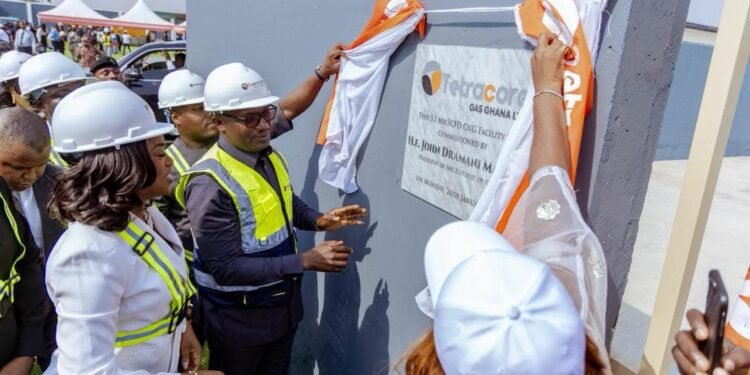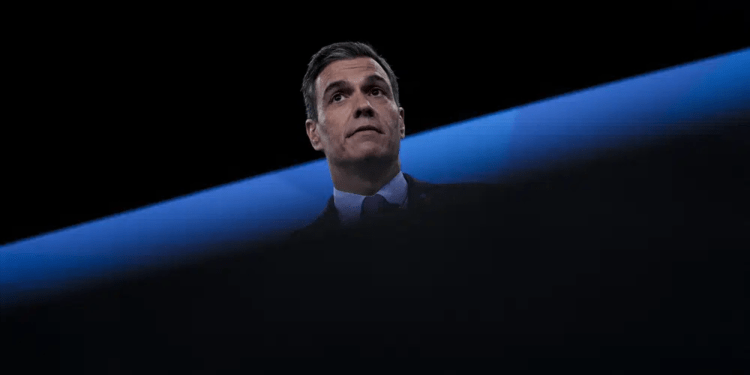The President of the European Union Commission, Ursula Von de Leyen has paid a courtesy call to Ferdinand Marcos Jr, the President of the Philippines.
This important visit comes in the wake of the EU efforts to amend its ties with the Philippines, due to the country’s poor records on human rights during the previous administration.
Aimed at improving the Philippines diplomatic relations, security and trade with the European Union, it is believed that, President Ferdinand Marcos invited the EU’s top diplomat to Manila.

It has been rumored that, von der Leyen and her entourage will discuss the Philippines’ possibilities of keeping special trade advantages, which has been levelled against its compliance to international accords based on respect for human and labor rights and good governance.
However, as a leverage of keeping the trade incentives, some members of the European Union Parliament, have adjured the President of the Philippines to grant the release of a long-detained opposition leader, and also lobby for Philippines re-admission to the International Criminal Court.
The Philippines and other seven other developing nations benefit from trade incentives termed as the Generalized Scheme of Preference (GSP Plus) from the EU.
According to the EU, these incentives are only applicable, if Manila and the other nations commit to over a two dozen international conventions on human and labour right, environmental protection and good governance.

According to the European legislators at the time, the trading incentives that the Philippines began to get in 2014, expires in December and that, the administration would have to re-apply within two years.
However, throughout the term of the previous administration, the Philippines faced heavy criticism from the EU, mainly due to the ruthless anti-drug initiatives, which led to the executions of over 6,000 people, predominantly non-violent criminals.
President Duterte further used derogatory words as a response to EU criticisms of the Philippines anti-drug campaign.
The International Criminal Court on the other hand, began its investigations into probable crimes against humanity under the tutelage of President Rodrigo Duterte, former President of the Philippines.
As an emblem of rejection of the ICC’s supposed probe, President Duterte withdrew the Philippines from the International Criminal Court, but ICC maintained that, it continued with investigations into some arbitrary executions, that took place at the time the Philippines was a member of the ICC.

On the more serious note, President Duterte detained and imprisoned the former opposition leader and Senator, Ms. Leila de Lima, over a false drug-related charges, to prevent her from investigating the killings.
Hannah Neumann, head of EU’s entourage that visited the Philippines in February averred that, human right situations under President Ferdinand Marcos Jr, have improved substantially than it was under President Rodrigo Duterte. “There are a lot of announcements that could indeed improve things, if they’re implemented.”
Following that, the delegates praised Marcos’ “commitment to change the focus of the ‘war on drugs’ away from a punitive approach toward prevention and rehabilitation.”
However, they added that, extrajudicial murders had apparently continued, emphasizing the necessity for all deaths to be examined and offenders held accountable in order to combat impunity.

In her response on if rejoining the ICC and releasing Leila de Lima, would heightened Manila’s chances of keeping EU trade benefits, Neumann said it would be “a strong sign in the direction the country wants to move.”
“The European Parliament has been quite clear that whoever wants to have preferential access to the European market needs to uphold social standards, human rights standards, and environmental standards. This is not going to go away.”
Hannah Neumann, EU Official.
READ ALSO: Africa’s Plan Sounds Hope For Peace With Kyiv, Putin Declares






